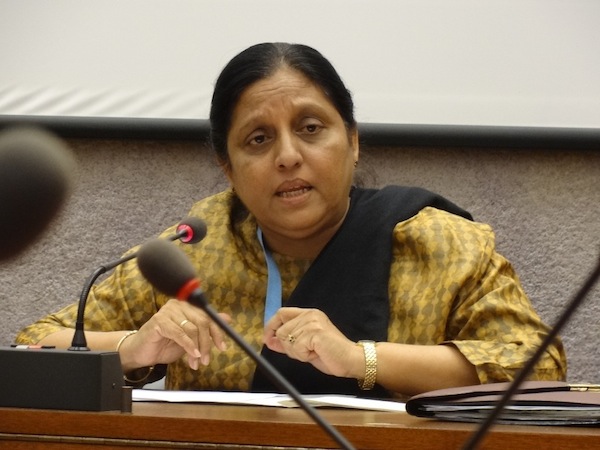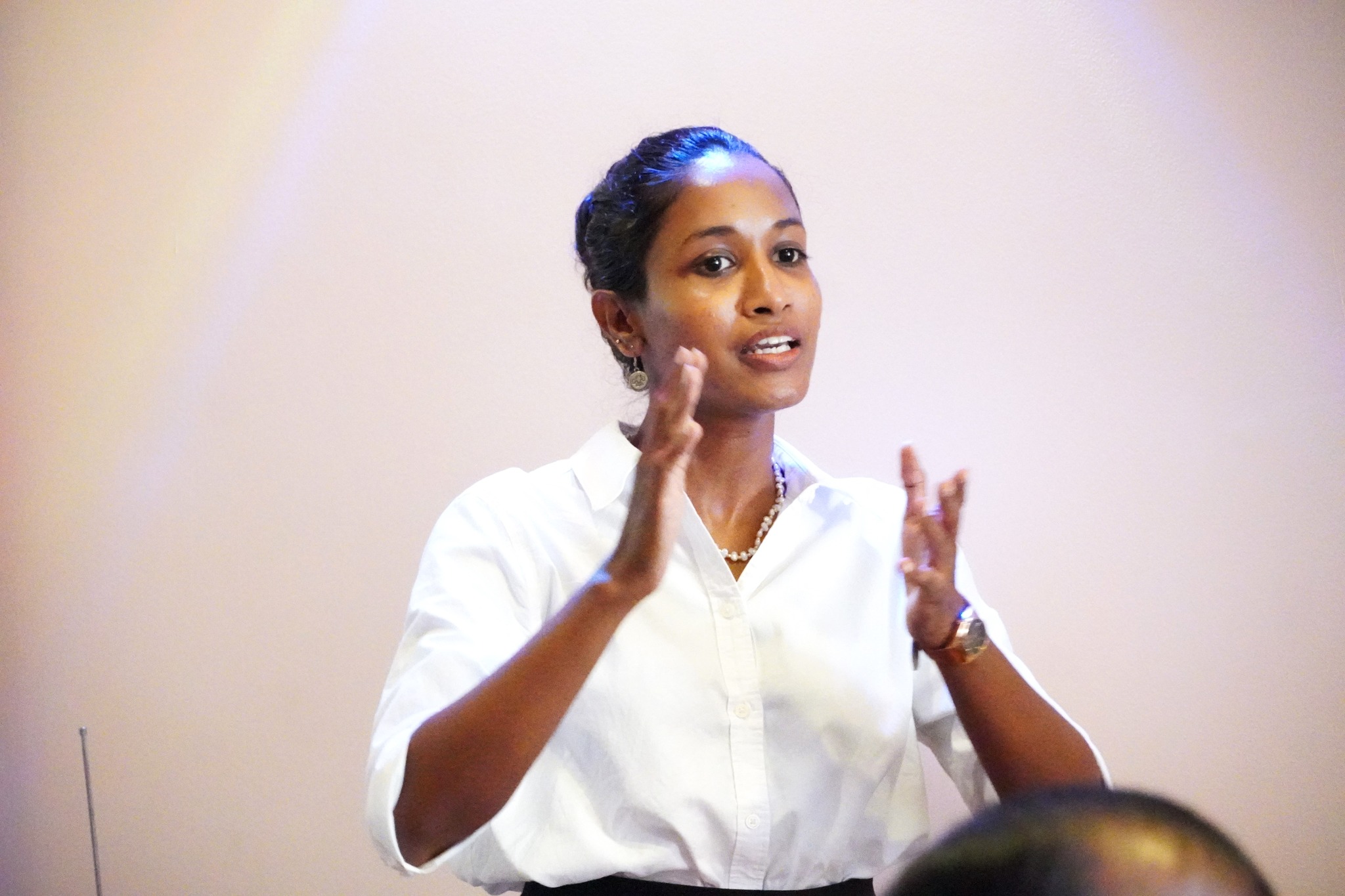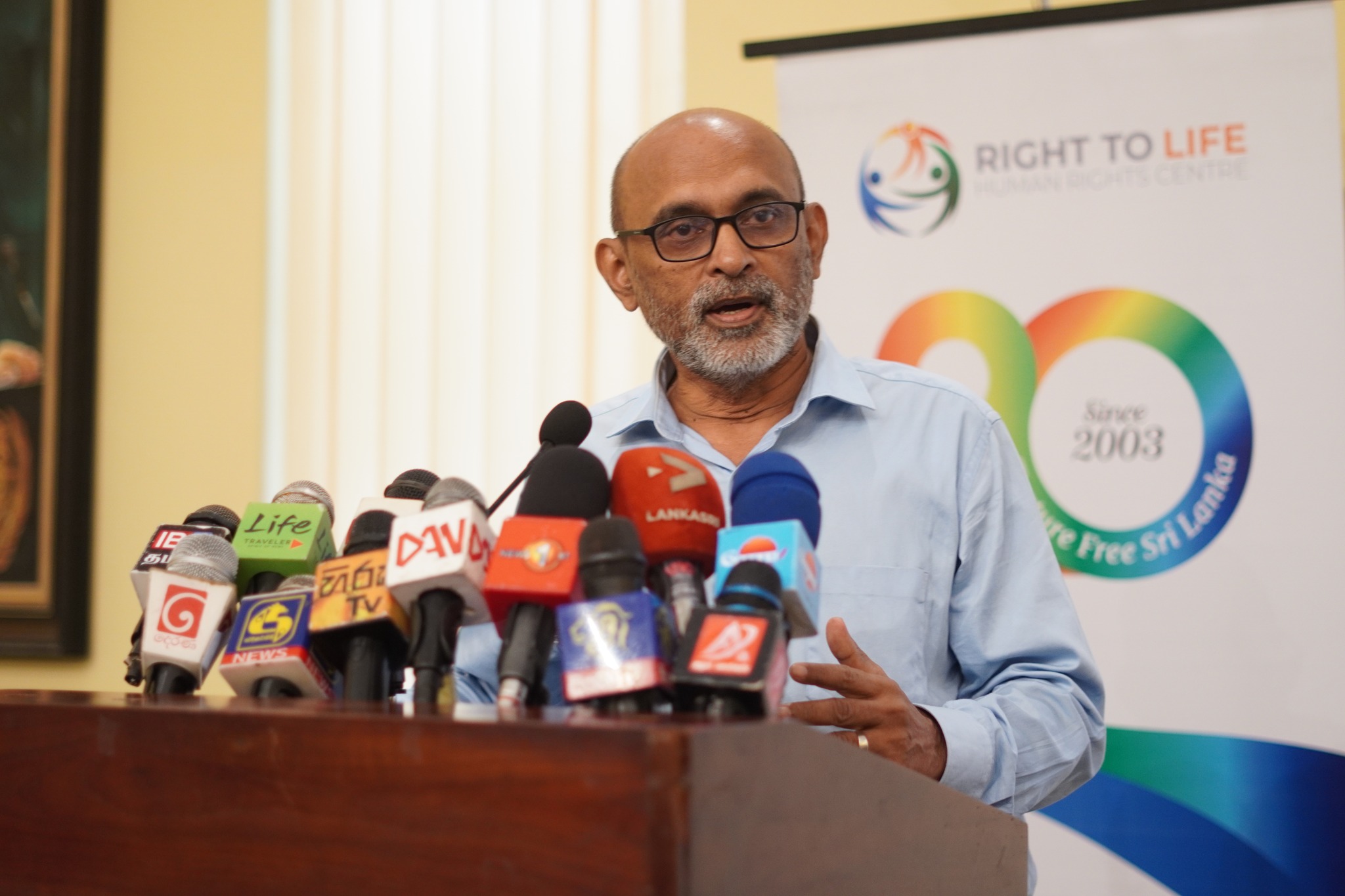Somalatha’s husband was killed by terrorists and her son disappeared after being abducted. She is one of many war-affected people from Polonnaruwa District. This district, particularly areas like Welikanda and Dimbulagala, suffered heavily during the 30-year civil war. A unique feature of this region is the peaceful coexistence of Sinhalese, Tamil, and Muslim communities, where their cultures have influenced one another. People here are familiar with both temples and kovils, and many can understand both Sinhala and Tamil languages.
Despite the end of the war, its effects still linger in these villages. The loss of life and property in these areas was immense, and the social and economic problems created by the war remain unresolved. In Polonnaruwa District, about 16,500 families have lost male breadwinners either due to death or disappearance amidst the conflict. These women, often referred to as war widows, are now recognized as the heads of their households (women-headed households).
Somalatha’s story is an example of such a woman’s struggle. After her husband was killed by terrorists, she took care of her family. Her son was later abducted in Colombo and never found again. She is still fighting for justice for the lost members of her family.
Around 70% of the population in this region once owned land or paddy fields, but nearly half have had to mortgage their properties. The main reason for this is their lack of financial resources and manpower. As a result, many now rely on daily wage labour, while others have turned to cutting firewood or fishing for a living.
Female-headed households in the area earn less than Rs. 15,000 per month, and a survey shows that 58% of families fall into this low-income category. There is also a growing trend of women seeking employment abroad. Somalatha, too, worked overseas for a while, and it was during this time that her son was abducted. It’s almost a decade now he has disappeared.
The children of women who go abroad often suffer as a result. Many drop out of school early, and girls in particular are vulnerable to exploitation and early marriage. Economic hardship and family instability contribute to these problems. Girls who marry before turning 16 often have two or three children by the age of 20 and face early divorces, which creates significant social challenges.
Though the government and various organizations offer self-employment training and job opportunities, many people do not take part. The socio-economic struggles of this region are closely linked to the war, and addressing these issues is essential for empowering these communities.
Education in the area also shows deep inequality. In villages like Dimbulagala and Soruwila, there are both Sinhala and Tamil primary schools nearby. However, for secondary education, there is a Sinhala schoo onlyl in Dimbulagala. Tamil-speaking students have to travel to Manampitiya for secondary schooling. To this day, no one from the area has earned a university degree.
(The information is based on a 2020 survey by the Sunila Foundation for Women and Children’s Development in Polonnaruwa.)
– Christie Shelton Fernando


